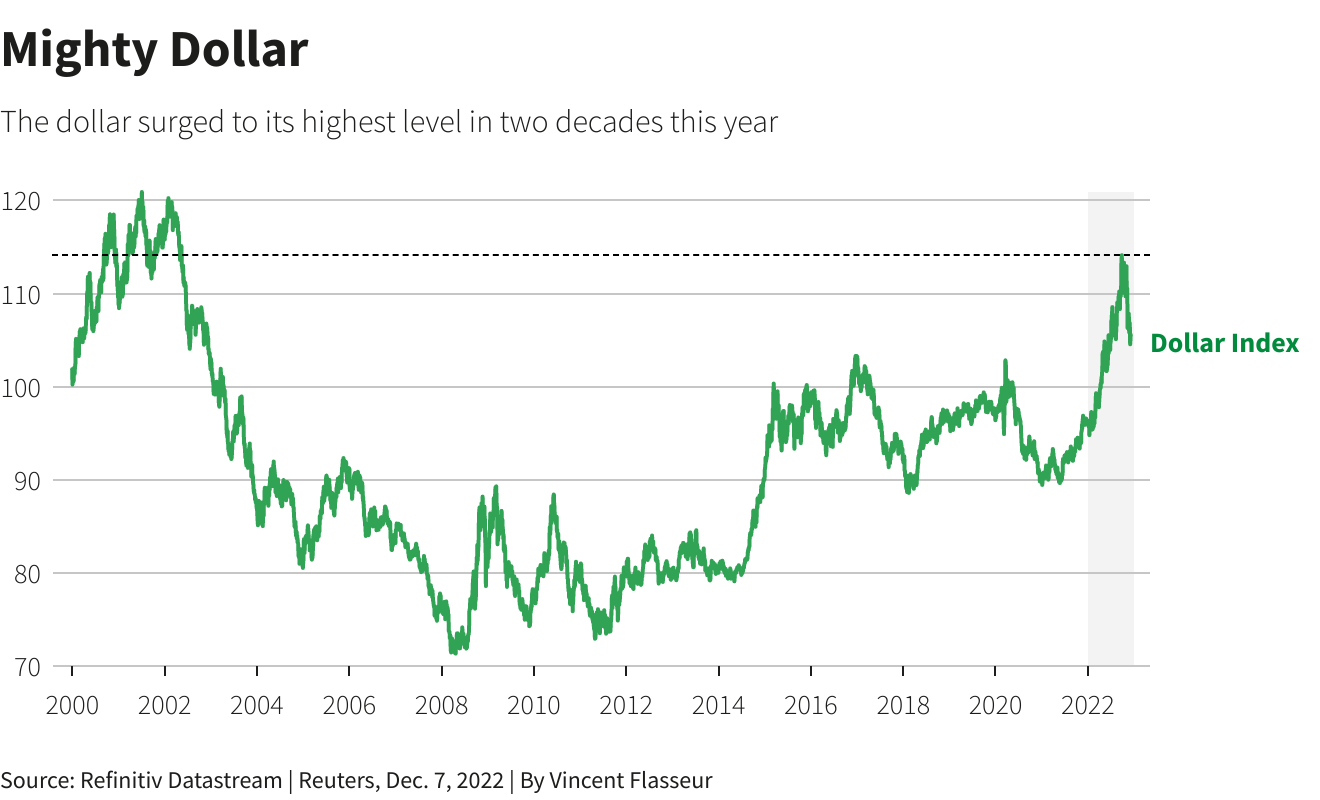The Value Of Middle Management: A Crucial Link In The Corporate Chain

Table of Contents
Bridging the Gap Between Executive Leadership and Frontline Employees
Middle managers serve as the vital bridge connecting executive leadership's strategic vision with the day-to-day realities of frontline employees. They translate high-level strategic goals into actionable plans, ensuring that everyone understands their role in achieving the overall company objectives. This crucial translation process is often overlooked but is essential for successful strategic implementation.
Effective communication is paramount. Middle managers facilitate a clear communication flow, reducing misunderstandings and bottlenecks that can stifle productivity. They provide regular feedback and performance updates to both upper management and their teams, keeping everyone informed and aligned. This two-way communication fosters transparency and trust.
- Facilitates clear communication flow, reducing misunderstandings and bottlenecks.
- Provides regular feedback and performance updates to both upper and lower levels.
- Acts as a liaison, addressing employee concerns and escalating important issues to the appropriate levels of management.
This role requires strong leadership and team management skills. Middle managers need to be skilled communicators, capable of motivating and inspiring their teams while also effectively conveying expectations and priorities set by senior leadership. Their ability to build strong relationships with both upper management and their teams is key to successful communication and strategic implementation.
Driving Operational Efficiency and Productivity
Middle managers are directly responsible for the day-to-day operations of their teams. They are the ones who optimize processes, allocate resources effectively, and ensure that work is completed efficiently and to a high standard. Their focus on operational excellence is critical to achieving organizational goals and maintaining a competitive edge.
They play a crucial role in productivity enhancement through several key activities. This involves monitoring key performance indicators (KPIs) and identifying areas for improvement. They develop and implement effective workflows and procedures, ensuring that resources are used optimally and bottlenecks are minimized. Furthermore, they invest in their team's development through mentorship and training, empowering employees to enhance their skills and performance.
- Monitoring key performance indicators (KPIs) and identifying areas for improvement.
- Developing and implementing effective workflows and procedures.
- Mentoring and training team members to enhance their skills and performance.
By actively seeking process improvement opportunities and empowering their teams, middle managers directly contribute to the bottom line, driving operational efficiency and ultimately, increased profitability. Their focus on resource management ensures that resources are used effectively and efficiently, maximizing return on investment.
Fostering Employee Development and Talent Management
Middle managers are crucial for employee development and talent management. Their close interaction with employees provides invaluable insight into individual strengths, weaknesses, and career aspirations. This allows them to act as mentors and coaches, guiding their team members towards professional growth and fulfillment.
They create a culture of learning and continuous improvement within their teams. This includes conducting regular performance reviews and providing constructive feedback, identifying training needs, and providing opportunities for career development. They champion employee retention by fostering a positive and supportive work environment, recognizing and rewarding high-performing employees.
- Conducting regular performance reviews and providing constructive feedback.
- Identifying training needs and providing development opportunities.
- Creating a culture of learning and continuous improvement.
- Recognizing and rewarding high-performing employees.
Investing in employee development is not just about individual growth; it's a crucial strategy for organizational success. Middle managers play a key role in building a highly skilled and motivated workforce, which translates to increased productivity and innovation.
Promoting Innovation and Adaptability
Middle management is often at the forefront of identifying emerging trends and challenges within their respective areas of responsibility. Their proximity to daily operations provides valuable insight into customer needs and market trends, allowing them to champion innovative solutions and adapt to changing circumstances.
They foster a culture of innovation within their teams by encouraging creative problem-solving and risk-taking. This proactive approach to change management allows the organization to adapt quickly and effectively to evolving market conditions. Moreover, they identify and implement new technologies and strategies to improve efficiency and productivity, ensuring the organization remains competitive.
- Encouraging creative problem-solving and risk-taking within the team.
- Adapting strategies and processes in response to changing market conditions.
- Identifying and implementing new technologies to improve efficiency and productivity.
The ability to adapt and innovate is essential for long-term organizational success. Middle managers, with their direct involvement in daily operations and their close relationships with employees, are ideally positioned to drive innovation and adaptability within their teams.
Conclusion
The value of middle management is undeniable. From bridging communication gaps and driving operational efficiency to fostering employee development and promoting innovation, they are an indispensable asset to any organization. Ignoring their contribution is a strategic misstep. Investing in effective middle management training and development programs will lead to a more productive, engaged, and successful workforce. Recognize the crucial role of your middle management and reap the rewards of a well-structured and highly performing organization. Don't underestimate the power of effective middle management—it's a key ingredient for organizational success.

Featured Posts
-
 Asian Currencies In Turmoil The Impact Of A Weakening Dollar
May 06, 2025
Asian Currencies In Turmoil The Impact Of A Weakening Dollar
May 06, 2025 -
 Sheins Ipo Plans In London Face Setback Due To Us Tariffs
May 06, 2025
Sheins Ipo Plans In London Face Setback Due To Us Tariffs
May 06, 2025 -
 Novak Speaks Out The Truth Behind His Relationship With Mindy Kaling And Delaney Rowe Speculation
May 06, 2025
Novak Speaks Out The Truth Behind His Relationship With Mindy Kaling And Delaney Rowe Speculation
May 06, 2025 -
 Nitro Chem I Us Army Ogromny Kontrakt Na Dostawe Polskiego Trotylu
May 06, 2025
Nitro Chem I Us Army Ogromny Kontrakt Na Dostawe Polskiego Trotylu
May 06, 2025 -
 Dont Take My Son Ddgs Diss Track Controversy Involving Halle Bailey
May 06, 2025
Dont Take My Son Ddgs Diss Track Controversy Involving Halle Bailey
May 06, 2025
Latest Posts
-
 Ddgs Dont Take My Son A Detailed Look At The Halle Bailey Diss Track
May 06, 2025
Ddgs Dont Take My Son A Detailed Look At The Halle Bailey Diss Track
May 06, 2025 -
 Lyrics Breakdown Ddgs Dont Take My Son Diss Aimed At Halle Bailey
May 06, 2025
Lyrics Breakdown Ddgs Dont Take My Son Diss Aimed At Halle Bailey
May 06, 2025 -
 Analysis Of Ddgs Dont Take My Son Diss Track Targeting Halle Bailey
May 06, 2025
Analysis Of Ddgs Dont Take My Son Diss Track Targeting Halle Bailey
May 06, 2025 -
 Ddg And Halle Bailey The Dont Take My Son Diss Track Explained
May 06, 2025
Ddg And Halle Bailey The Dont Take My Son Diss Track Explained
May 06, 2025 -
 The Dont Take My Son Diss Track Ddg Vs Halle Bailey
May 06, 2025
The Dont Take My Son Diss Track Ddg Vs Halle Bailey
May 06, 2025
